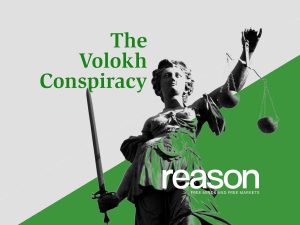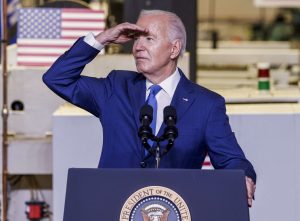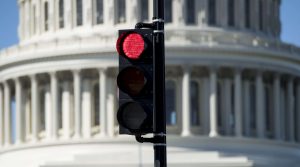Murray Rothbard and the Libertarian Left: A Complex Relationship
Murray Rothbard and the Libertarian Left: A Complex Relationship
Introduction:
Murray Rothbard, a prominent figure in the libertarian movement, held strong views often associated with the political right. However, his unique blend of free-market economics, anti-statism, and a radical critique of power structures also resonated with certain elements of the left. This article explores the complex relationship between Rothbard and the libertarian left, delving into the areas of agreement, conflict, and the lasting legacy of his thought.
Early Influences and Development of Rothbard’s Thought:
Rothbard’s intellectual journey began with Austrian economics, heavily influenced by Ludwig von Mises. He combined this with a strong anti-war stance, skepticism of authority, and a commitment to individual liberty, forming the foundation of his anarcho-capitalist philosophy. These elements, particularly his anti-war and anti-establishment sentiments, found common ground with certain left-leaning thinkers.
Points of Convergence: Anti-War, Anti-Imperialism, and Anti-Authoritarianism:
Rothbard’s fierce opposition to war and imperialism aligned him with the anti-war movements of the left. He viewed the state as inherently aggressive and responsible for initiating conflicts, echoing critiques of military interventionism often expressed by the left. His anti-authoritarian streak further bridged the gap, as both Rothbard and certain left-leaning individuals shared a distrust of centralized power and its potential for oppression. This convergence was particularly evident during the Vietnam War era, where Rothbard found common cause with New Left activists.
Divergence: Economics and Property Rights:
Despite these shared concerns, significant differences remained, primarily regarding economics and property rights. Rothbard’s unwavering support for free markets, private property, and individual economic liberty clashed with the socialist and collectivist tendencies often associated with the left. He viewed private property as essential for individual autonomy and considered state intervention in the economy as inherently coercive. This fundamental difference in economic philosophy proved a major obstacle to any lasting alliance between Rothbard and the broader left.
The "Left-Rothbardians" and the Synthesis of Ideas:
Despite these economic discrepancies, a small but influential group emerged, often referred to as "left-Rothbardians" or "left-libertarians." These individuals attempted to synthesize Rothbard’s libertarianism with left-wing concerns for social justice and equality. They explored concepts like mutualism, focusing on cooperative economic models while upholding individual liberty and free markets. This synthesis sought to bridge the gap between individualist anarchism and socialist principles.
Rothbard’s Legacy on the Libertarian Left:
Rothbard’s legacy within the libertarian left remains complex and contested. While his staunch free-market stance remains a point of contention, his anti-war activism, critique of state power, and emphasis on individual liberty continue to resonate. His work provides a framework for questioning authority and challenging conventional political narratives, influencing contemporary discussions on issues like police brutality, mass surveillance, and foreign policy.
Conclusion:
The relationship between Murray Rothbard and the libertarian left is marked by both convergence and divergence. While his economic views differed significantly from traditional left-wing thought, his anti-war, anti-establishment, and anti-authoritarian positions resonated with certain segments of the left. The emergence of "left-Rothbardians" demonstrates the ongoing attempt to reconcile libertarian principles with left-wing concerns for social justice. Understanding this complex relationship provides valuable insights into the diverse landscape of libertarian thought and its potential for bridging ideological divides.
Keywords: Murray Rothbard, Libertarian Left, Anarcho-Capitalism, Free Markets, Anti-War, Anti-Imperialism, Anti-Authoritarianism, Left-Libertarianism, Ludwig von Mises, Private Property, Individual Liberty, Social Justice, New Left, Libertarian Thought, Political Philosophy, Economic Theory.
Share this content:







Post Comment